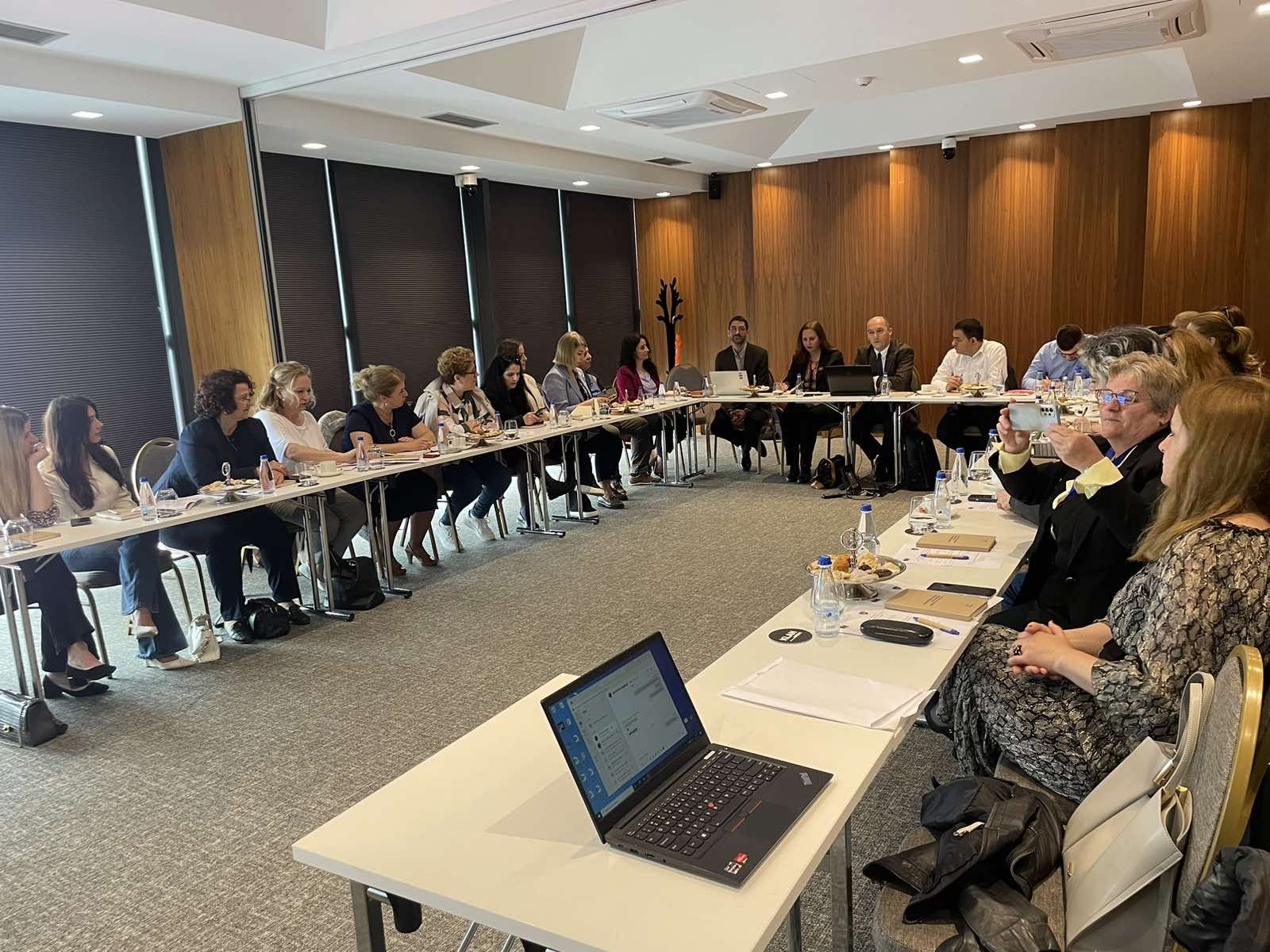On 20 – 21 of May 2024, a two-day training on non-discrimination and equality standards was staged by the Council of Europe Office in Pristina in cooperation with the Office for Good Governance, Prime Minister’s Office.
- Equality before the law and (non)discrimination in judicial practice in line with the practice of the European Court of Human Rights and the practice of the Constitutional Court;
- Local legal framework regarding the protection from discrimination;
- The role of the Ombudsperson Institution; and Discrimination at the municipal level – examples from EctHR jurisprudence: these were the main topics discussed during the training.

The event was attended by anti-discrimination officers from Ministerial and Municipal level and Ombudsperson’s Anti-Discrimination department officials, who were trained on non-discrimination and equality standards and have increased their knowledge of international human rights standards, including anti-discrimination principles and respect for tolerance, diversity, and inclusion.
This training was conducted in the framework of the project “Promoting human rights and non-discrimination principles at the local level” phase II, implemented by Council of Europe office in Pristina and through financial support of the United Nations Mission in Kosovo (UNMIK).





